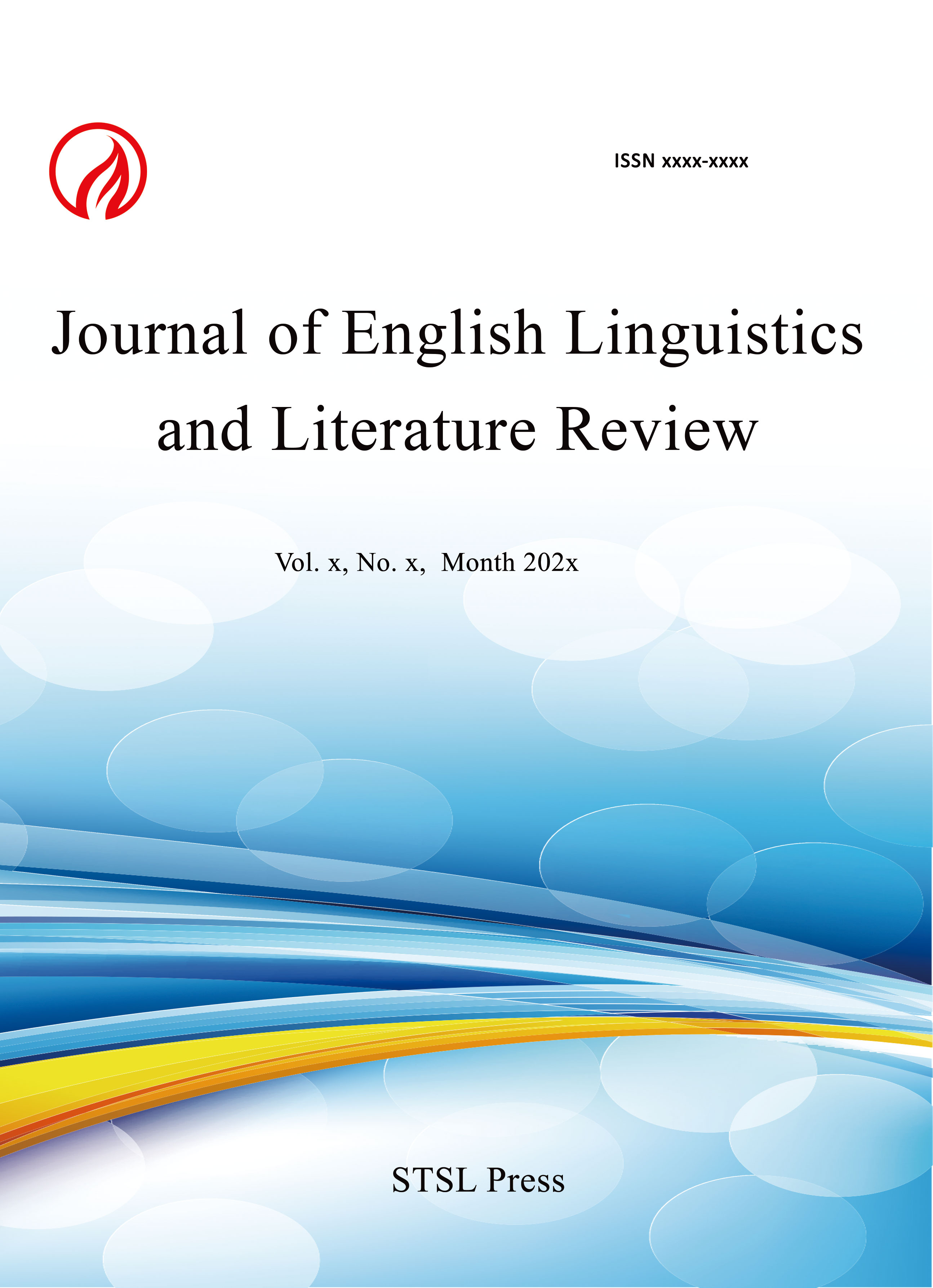The Pronunciation of Contracted Forms in Cameroon English
Raphael Tegha Ketcha, PhD
Abstract
It is no more news that there is a Cameroonian English with its phonetic, phonological, syntactic, semantic and pragmatic character that singles it out of the myriad of Englishes around the globe. This paper thus seeks to explicate the realisations of contracted forms in the English speech of Cameroonians. Data for the paper were collected through observation and two tape-recorded pronunciation tests administered to graduate/ postgraduate students and teachers of the University of Bamenda who have diverse ethnic origins, specialisations and are, in previous literatures on Cameroon English, labelled as speakers of the Educated variety of Cameroon English. They were thus chosen because they ought to be the example to be emulated by other Cameroonians. The data were analysed mainly qualitatively with Generative Phonology as the theory. Findings reveal that speakers of the five varieties of Cameroon English converge in the production of various contracted forms through phonological processes as monophthongisation, glide formation, vowel insertion, vowel harmony, final consonant devoicing or deletion, diphthong restructuring and rhotacization. The findings are blamed on analogy, L1 interference, pedagogic input, graphology and media influence. The paper is concluded with the recommendation that the most articulated forms of mainstream Cameroon English should be promoted and inculcated in the syllabus as they reflect the speech forms of the majority of Cameroonians.
Paper:
pdf
DOI:
https://doi.org/10.71002/jellr.v1n1p19
 This work is licensed under a
Creative Commons Attribution 4.0 License.
This work is licensed under a
Creative Commons Attribution 4.0 License.
Contact us
- Jessica Tucker
- jellr@stslpress.org
